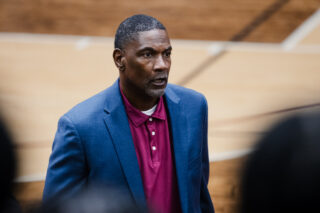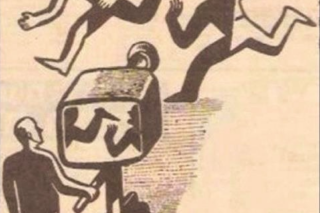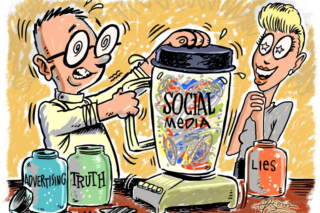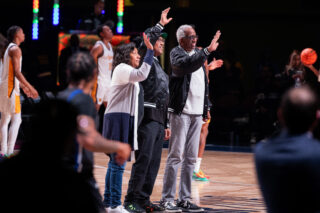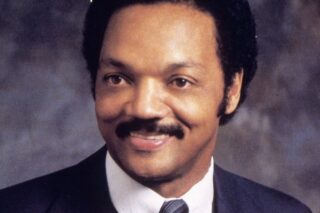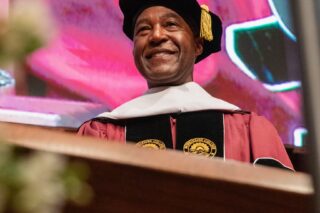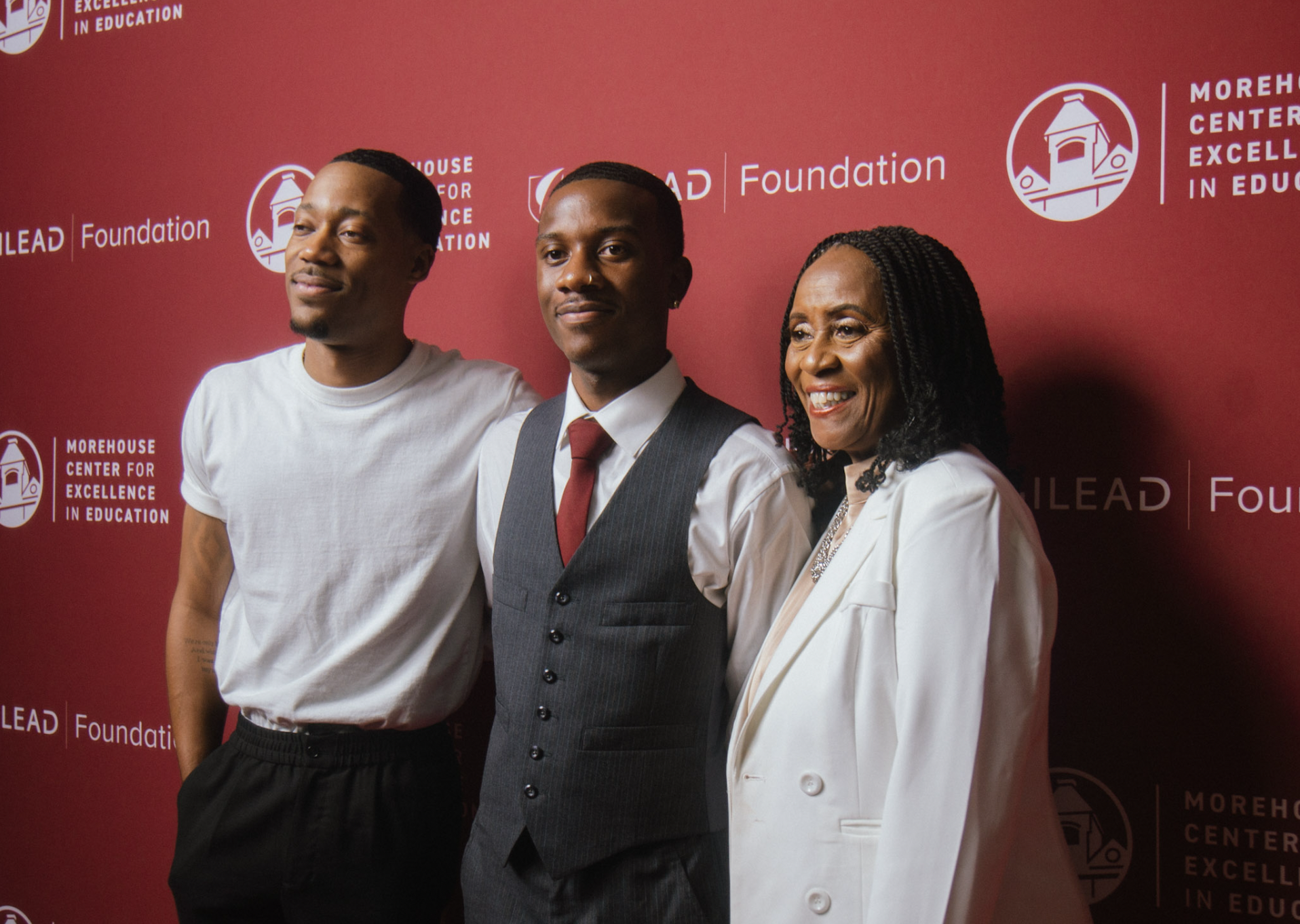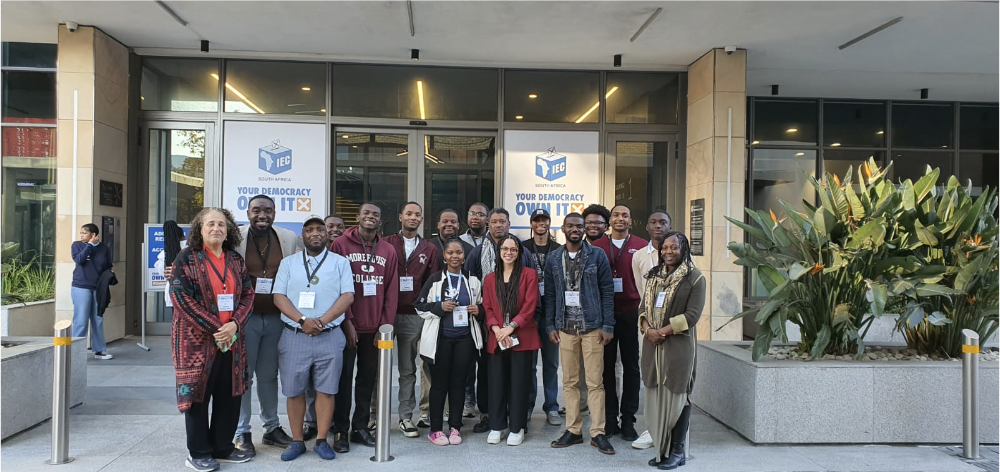Image by Elise Sampson
By: Mira Donaldson, Staff Writer
Joyce Abbott was one of actor Quinta Brunson’s many inspirations for the award-winning TV comedy series “Abbott Elementary.” Abbott, who was Brunson’s sixth-grade teacher, was a panelist during the “My Brother’s Teacher” discussion hosted by the Morehouse Center for Excellence in Education Monday night.
She talked about how, in her time as an educator in predominantly Black schools in Philadelphia, many teachers did not expect much out of kids of color. Many of her viewpoints were shared by other education equity advocates on the panel: “Abbott Elementary” star actor Tyler James Williams, Sutton Middle School Principal Dominique Merriweather ’14, Morehouse College Psychology Professor David Rice ’95 and Morehouse Education major Ousman Demba.
The discussion was hosted by the 5th Annual Morehouse College Human Rights Film Festival that ends Saturday.
“It was really sad, seeing the [low] expectations some of the leaders had for these kids,” Abbott said as she recalled one of her first days as an educator in Philadelphia.
Teachers have a platform to shape young people’s minds to instill characteristics of success that will be needed in the future. Yet, many barriers, like race, can limit educators’ ability to encourage children to reach their full potential.
The panelists at Morehouse agreed that an educator’s lack of confidence and belief in a student can be felt by the child, which is reflected by how students feel about themselves. This lack of confidence most often impacts Black students and students of color.
“The ages between 7-9 are when a child forms their self-efficacy” Demba said. “If you put yourself in front of that child and say that they can do it, they will believe that they can. That’s where the biggest fight is.”
Merriweather, the youngest principal in the Atlanta Public School System, recounted that he realized he wanted to be an educator when he volunteered at a school with one of his Spelman sisters.
“I met the most amazing Black and brown boys, and when I walked in the teacher said they couldn’t teach because of them,” Merriweather said. The teacher had perceived the kids as difficult and had hit a roadblock.
However, the teacher noticed that Merriweather quickly got along well with the students and was able to manage their temperament. When she asked him how, he said he responded, “I may not know what I’m doing, but the one thing I can tell you I do is build relationships.
“It was life changing to see the impact I had on those children.”
Demba reflected on the positive impact and the self-assuredness that his educators gave him that made him the confident person he is today.
“I would not be the person I am without them,” Demba said.
In addition to personalizing education, the panel made it clear that teaching, and the impact it carries, is not always in the form of academic content.
“Culture over content,” Merriweather said. “Education can look very different in areas. It can be your household, your bus driver or the custodian who gives you good advice after school.”
With education taking multiple forms, and conservative states like Florida challenging what is taught in America’s education system, the conversation around education equity and how people are taught certain subjects is continuous.
Monday’s panel made it clear that no matter how an educator decides to deliver a subject, or portray a topic, they are granting an array of possibilities. The panelists agreed it is important that this motivation continues.
“Education is access,” Williams said. “It’s gonna take every one of us giving our own little piece.”
As a closing form of affirmation, Williams left a few last words for the educators on the panel.
“Do not stop.”
Not only do these words apply to those on the panel, but to the many future educators that filled the seats at Morehouse College.
Copy Edited by: Auzzy Byrdsell, Editor in Chief, & Ron Thomas, MT Advisor

